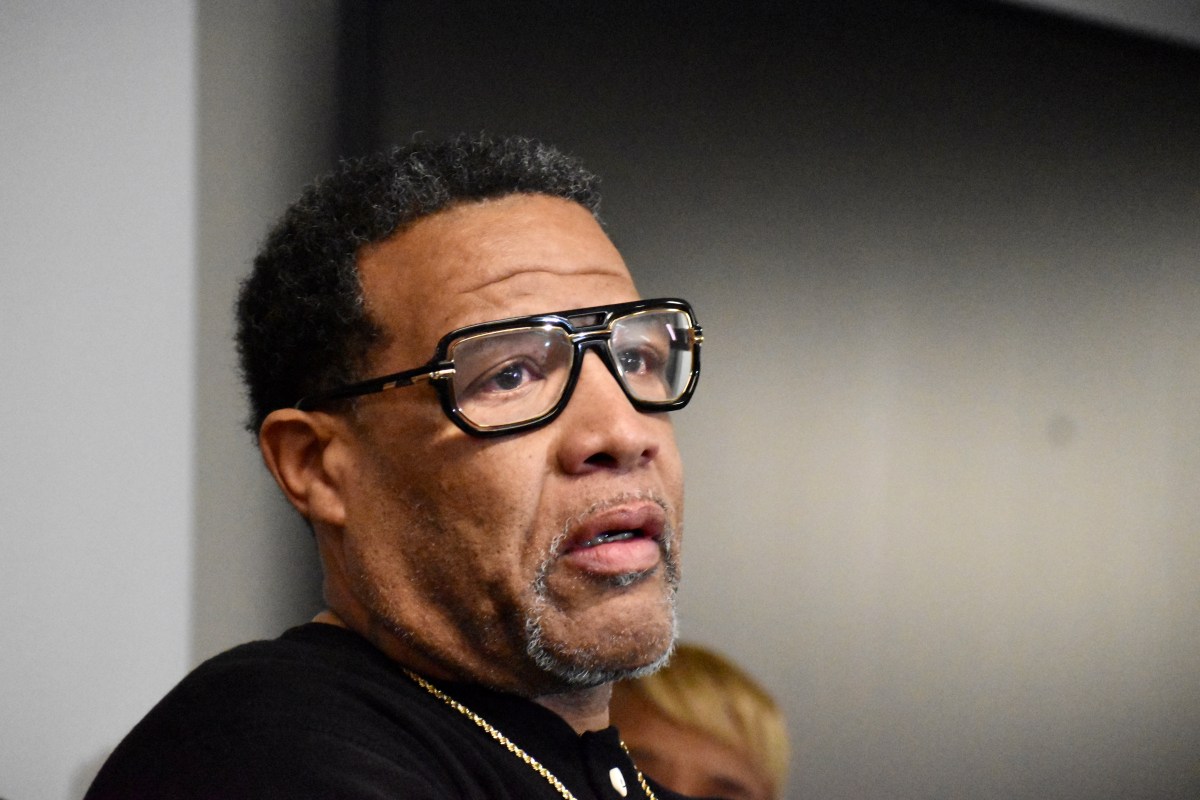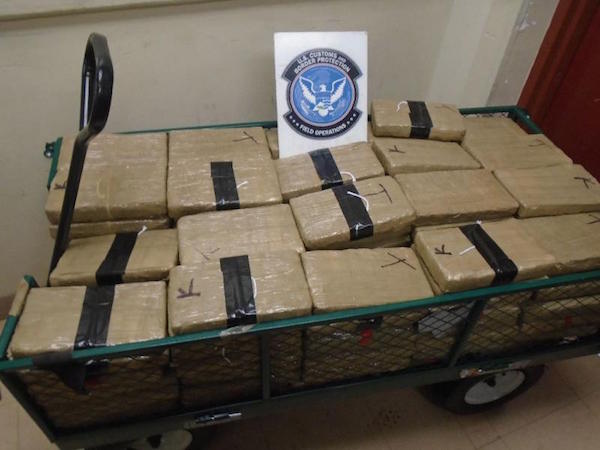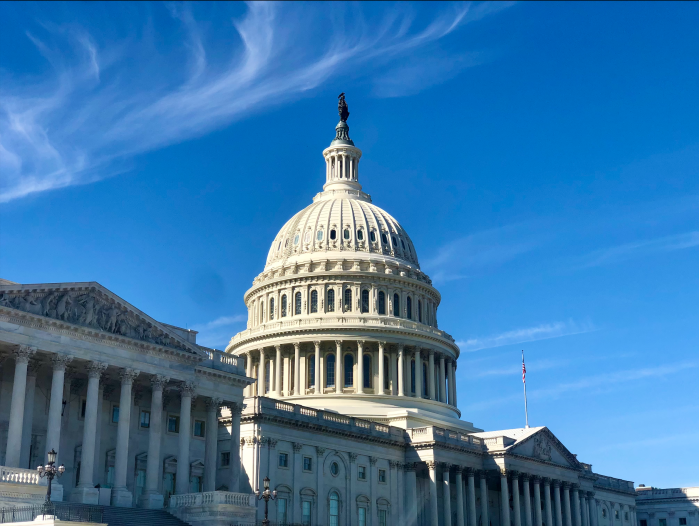Mayor Marty Walsh is considering suing pharmaceutical companies for their role in the opioid epidemic.
Drug companies “irresponsibly saturated the market with opiates, knowingly putting consumers at risk for addiction,” Walsh’s office said in a statement.
In Boston alone, there were 207 opioid-related deaths in 2016, up from 70 in 2012, according to the Massachusetts Department of Health. Statewide, the department estimates about 2,190 Massachusetts residents died from opioid-related overdoses in 2016 — the highest number ever recorded here.
“I strongly believe that the pharmaceutical industry is the main offender and sustainer of the opioid crisis,” Walsh said in a statement. “Their distribution and marketing of narcotics is unforgivingly reckless, causing irreversible devastation to our families and significant damages to cities nationwide.”
Boston would not be the first city to seek such litigation. Quincy became the first in the state to sue pharmaceutical companies in November and other cities like Chicago, Seattle, Indianapolis and Cincinnati have all taken legal action against pharmaceutical companies.
“In Boston, we are addressing the opioid crisis from every angle, from creating the first municipal recovery office to investing in more services and building a state-of-the-art recovery facility on Long Island,” Walsh added. “Now is the time to finally hold the pharmaceutical industry responsible.”
Walsh established an Office of Recovery Status during his first term as mayor. This office, the first and only municipal recovery office in the nation, according to his office, studies substance abuse in the city and helps build the city’s strategies around substance use disorders, addiction and recovery.
The city has been meeting with law firms over the past few months, Walsh’s office said, to collect information in preparation for the potential litigation.
To formally start the legal process, Walsh will issue a Request for Information Monday, Feb. 5 to hear from law firms, researchers and “other interested parties that would inform the city’s approach to potential opioid litigation.”

























